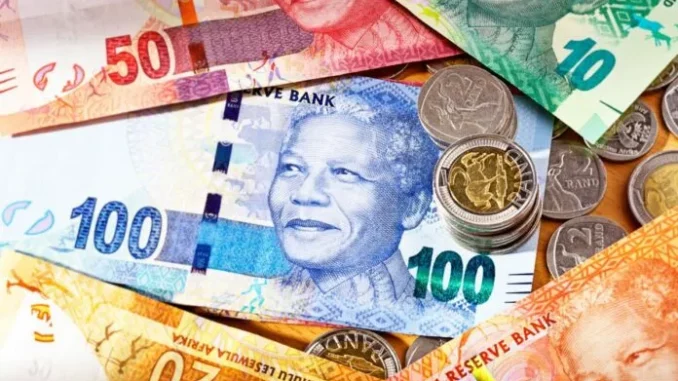South Africa’s Central Bank Governor Warns of Inflation Upside Risk
South Africa’s Central Bank Governor, Lesetja Kganyago, highlighted the presence of potential upward pressures on the country’s inflation outlook, despite recent data not showing significant signs of price increases, particularly in food items, despite adverse weather conditions due to El Nino wreaking havoc across Africa. The latest figures revealed a decrease in headline inflation to 5.3% year-on-year, slightly below analysts’ expectations and down from 5.6% in February.
In its March decision, the South African Reserve Bank (SARB) noted that headline inflation was expected to reach 4.5%, the midpoint of its target range, by the end of 2025, later than previously projected. Kganyago emphasized the existence of potential risks to the inflation outlook, citing higher oil prices due to Middle East tensions and the possibility of tight global financial conditions, particularly if U.S. Federal Reserve interest rates remain elevated.
Kganyago expressed concern that prolonged higher interest rates in the United States could lead to a scenario where capital flows out of emerging markets like South Africa and into advanced economies, potentially causing exchange rate adjustments. South Africa’s currency, the rand, has already weakened by over 4% against the dollar since the beginning of the year.
While adverse weather conditions have been affecting food production across the continent, Kganyago noted that South Africa’s latest inflation data did not yet reflect significant pressures from these factors. Despite this, the country faces economic challenges, including high debt and a sluggish economy, especially with a general election scheduled for May 29. There is a possibility that this election could result in a shift in political power, potentially impacting the country’s economic policies and stability.
Regarding the global context of election uncertainty, Kganyago acknowledged that this phenomenon affects financial markets worldwide, leading to volatility in foreign exchange, bond, and equity markets. This underscores the interconnectedness of global economies and the need for policymakers to navigate uncertainties effectively to maintain stability and confidence in financial markets.


















